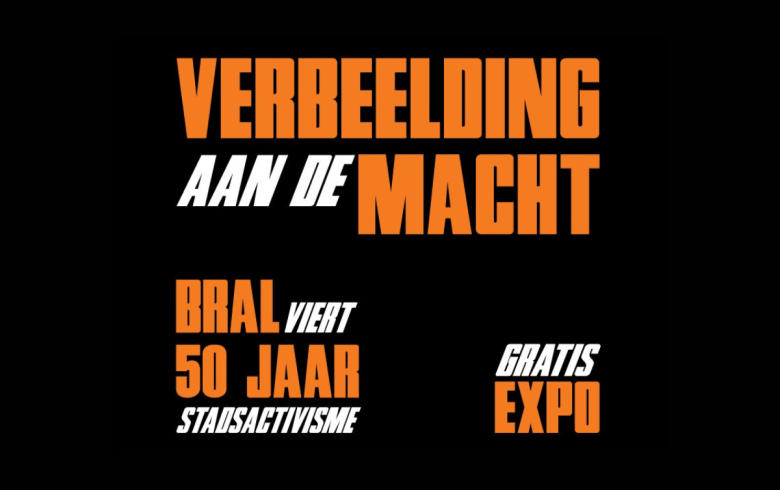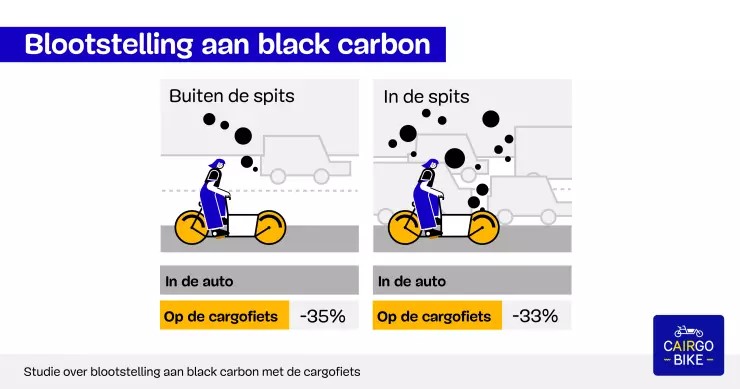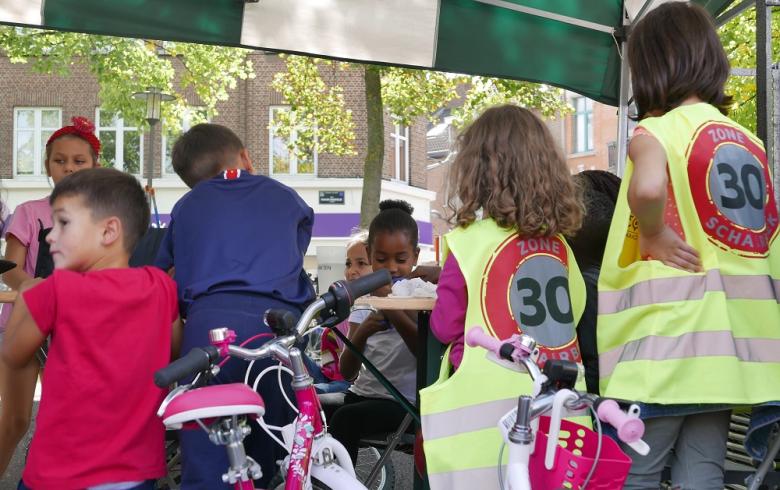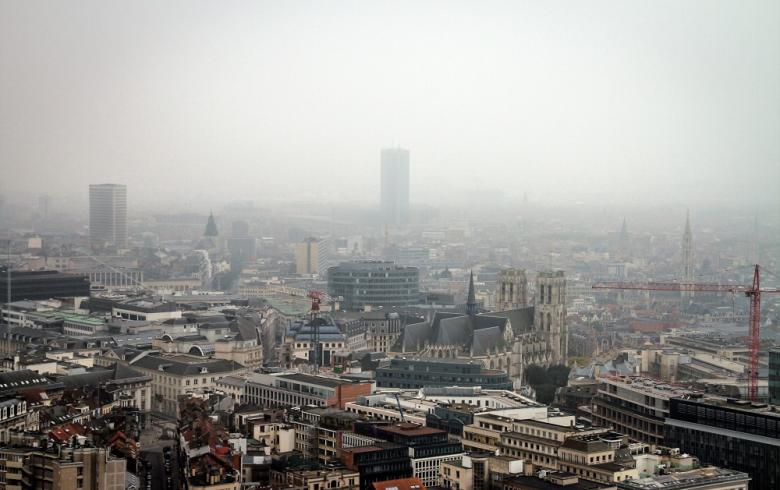
Cairgo Bike chat
One comes across quite some things on the roads in Brussels. This morning on my way to work, I ran into our baker from around the corner. She was in a rush to get extra coffee for her business. From Bois de la Cambre in Uccle to the heart of the city of Brussels. It turned out to be the ideal moment for a two by two-wheeled chat.
When Senina of Mains saw they almost ran out of coffee, she did not hesitate for a second: she jumped on her cargo bike and headed out. “A cargo bike is so much faster than a car for a quick trip for extra supplies,” she said. “We do all our deliveries by bike as well.”
Her bike came from the Cairgo Bike project, I saw by the sign attached at the back. “Yes, that project was a big success for Brussels, but also for us. Thanks to the project, we could get our bike 40 percent cheaper, which came in handy for a starting business like ours.”
The bike was not the great unknown for her either. “I’m from Moldavia originally, but I got to know the bike when I lived in London from 2000 through 2019. Bikes were really accepted there and they get a lot of space. When I arrived in Brussels, I was a bit shocked: there is so much traffic here for such a small city! Corona has really changed things to get people more on the bike. I hope it will stay like this. Projects like Cairgo Bike really help with that.”
“It also helps that the bike is electric,” she laughs, “because the hills in Brussels are quite steep!”
Thanks for the quick chat and have a safe climb back to the bakery!
Cairgo Bike Brussels: results
Cairgo Bike was a project of the Brussels region to promote the cargo bike as a mode of transport for companies and individuals. As part of the projects, cargo bike users have measured the air quality they experienced. The most important lesson? Cargo bike riders succumb to less air pollution than car drivers do!
The study
In the framework of the project Cairgo Bike, Environment Brussels has studied 111 users between July 2020 and September 2023. These 111 people carried around, by their own volition, a measuring device (an aethalometer) during two weeks during all their movements, both by car and by bike.
The results
The research shows that (cargo) cyclists in Brussels are less exposed to black carbon than car drivers are. During rush hour, it appeared that cyclists are exposed 33% less to black carbon than drivers. In off-peak hours, that reduction goes up to 35%. The reasons are that cyclists can choose routes with less traffic, and use cycling paths separated from road traffic, enabling them to avoid car exhausts.

Black carbon
Black carbon is emitted by road traffic, heating and industrial activities. It comes from the combustion of gasoil or fuel. It is composed of very fine particles that can easily penetrate the lungs and the vascular system. This increases the risks of cancers and heart- and cardiovascular diseases.
Cycling is healthier
By preferring a cargo bike and by altering your route consciously, you can decrease your exposure to black carbon. A few tips! Choose greener areas like parks and cycling paths and avoid canyon streets. In those narrow streets, surrounded by tall buildings, dirty particles cannot disperse as easily. That is why you can find higher concentrations of black carbon there.
Cairgo Bike continues
Even though the European project ends, the work continues. Parking.brussels will install more safe parking spaces for cargo bikes. Cambio will continue to increase its supply. The subsidies from the administration Brussels Economy and Employment to purchase a cargo bike for small and medium enterprises will return in 2024. ProVelo will continue to support families and Urbike continues its work for companies.
And BRAL? We will continue to measure the air quality with ExpAIR, and we will continue to battle for more green spaces in the city, where it is healthier to breathe.
You can download the complete report on the website of Brussels Environment.


